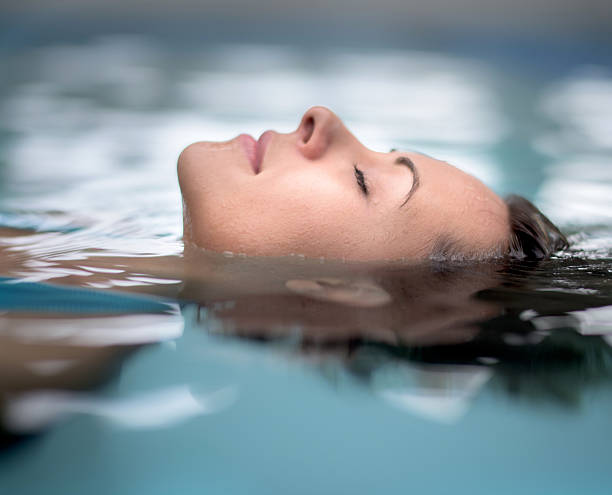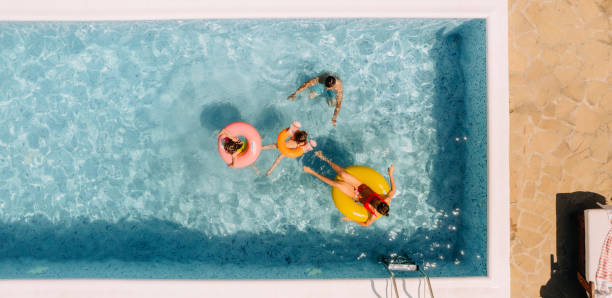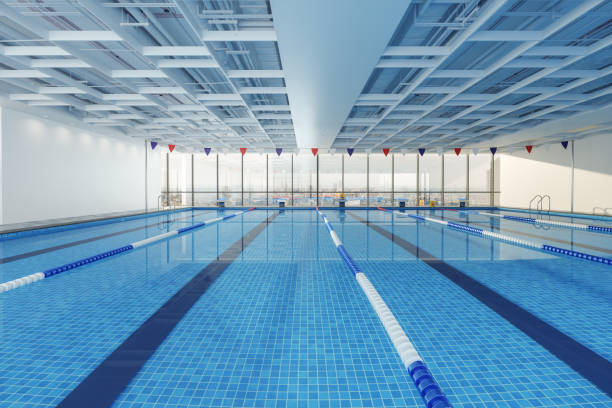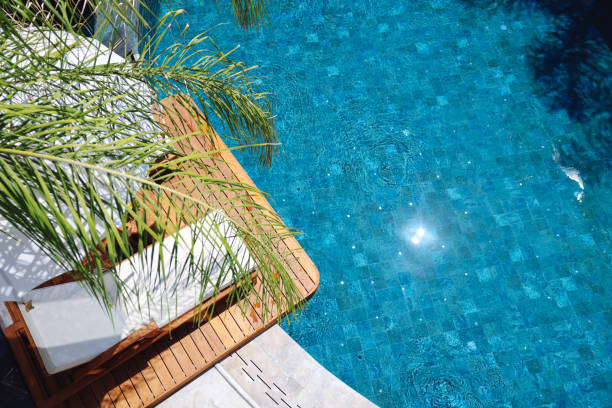Cleaning and sealing pool areas is crucial for maintaining the durability, safety, and aesthetics of your swimming pool and its surroundings. Let’s explore why pool sealing matters

Leak Prevention and Structural Integrity
Pool coping, which surrounds the top perimeter of a pool, plays a vital role in preventing water from seeping into the pool’s foundation. Sealing the coping material (such as natural stone, concrete, or pavers) creates a protective barrier against moisture, UV damage, staining, and wear and tear. Properly sealed coping ensures the structural integrity of your pool area and prevents leaks that could lead to costly repairs.

Weather and Chemical Protection
Pool areas are exposed to harsh weather conditions, including sun, rain, and temperature fluctuations. Sealing provides a shield against UV rays, preventing fading and surface deterioration. It also guards against chemical damage from pool water and cleaning agents.

Slip Resistance and Safety
Slippery surfaces around the pool can be hazardous, especially when wet. Some sealants include non-slip additives, enhancing safety for swimmers and poolside guests. Sealing ensures a secure environment and reduces the risk of accidents.

Ease of Maintenance
Sealed pool areas are easier to clean and maintain. Debris, dirt, and stains can be wiped away effortlessly, keeping the pool surroundings looking fresh and inviting. In summary, sealing pool areas is an investment in both aesthetics and functionality, ensuring that your aquatic haven remains beautiful, safe, and enjoyable for years to come
In summary, sealing pool areas is an investment in both aesthetics and functionality, ensuring that your aquatic haven remains beautiful, safe, and enjoyable for years to come.

